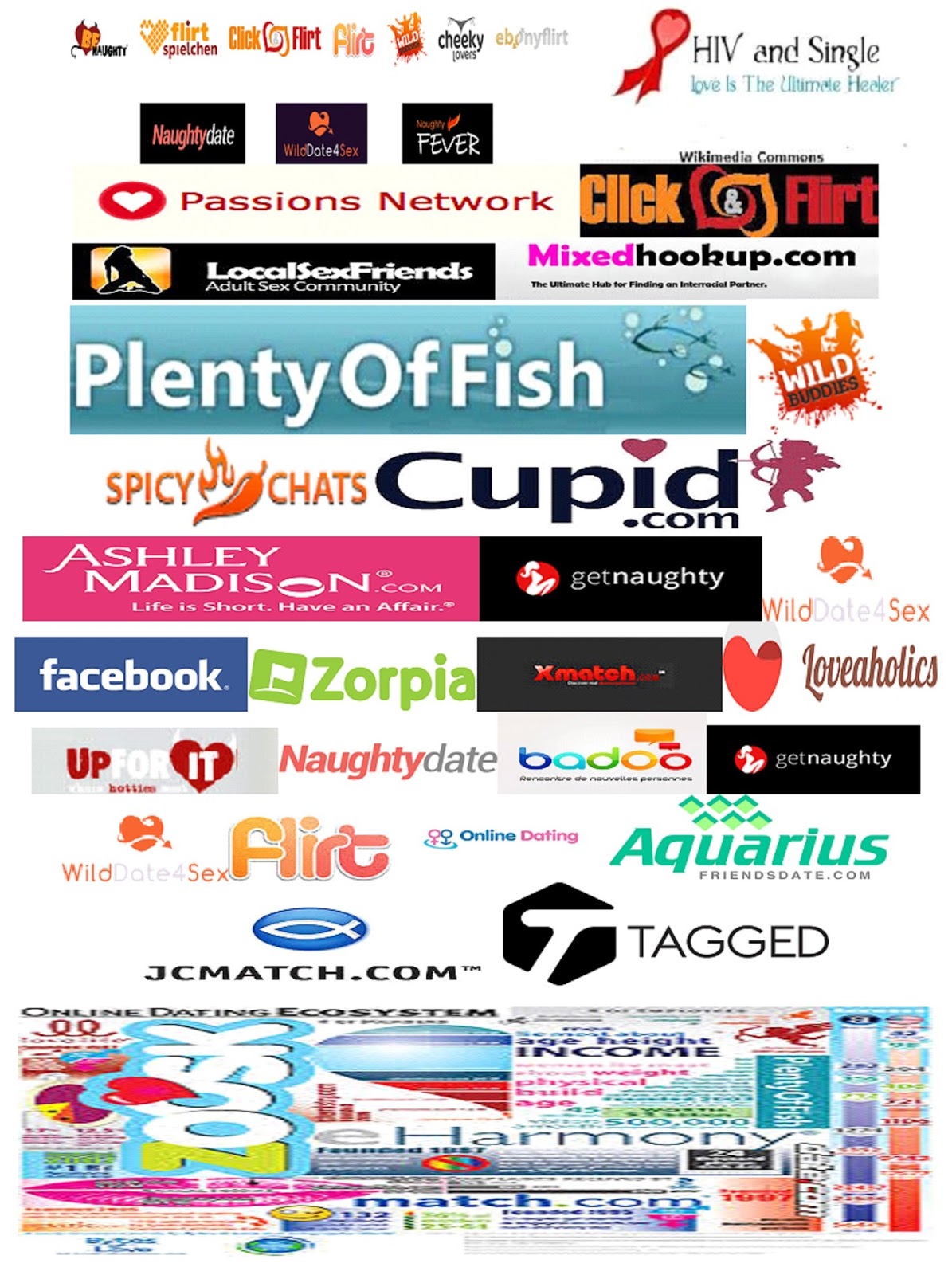Importance of dating companies – Dating services and in the real world schedules
An additional forty% believe the volume of messages they obtained was just about correct.
There are sizeable gender differences in the amount of attention on line daters say they been given on courting web pages or applications. Males who have online dated in the earlier five several years are much more very likely than women of all ages to sense as if they did not get enough messages (57% vs. On the other hand, ladies who have on line dated in this time period are 5 moments as possible as adult men to believe they were despatched much too many messages (30% vs. The survey also requested online daters about their activities with receiving messages from individuals they had been fascinated in.
In a very similar sample, these buyers are a lot more very likely to report receiving far too few rather than also quite a few of these messages (54% vs. And while gender variances remain, they are considerably significantly less pronounced. For instance, sixty one% of adult men who have on the net dated in the previous five many years say they did not get ample messages from individuals they ended up interested in, when compared with 44% of girls who say this.
- Could it be alright thus far someone with young ones?
- How can i navigate relationship in the form of quite busy experienced?
- How can you control denial in online dating?
- How critical is this to enjoy related politics vistas within a bond?
- Just what are the indication of a partner with less confidence?
- Could it possibly be fine to date someone with some other go tastes?
Roughly 7-in-ten on the web daters believe individuals lying to seem extra attractive is a very common prevalence on on the web dating platforms. Online daters greatly think that dishonesty is a pervasive situation on these platforms. A very clear vast majority of on-line daters (71%) say it is extremely widespread for people on these platforms to lie about themselves to seem additional fascinating, though a different twenty five% think it is relatively popular.
Only 3% of on the web daters assume this is not a common prevalence on courting platforms. Smaller, but nonetheless romancetale com review considerable shares, of online daters imagine persons placing up faux accounts in get to fraud other individuals (fifty%) or individuals acquiring sexually specific messages or photos they did not inquire for (48%) are extremely frequent on relationship web sites and apps. By contrast, on-line daters are less possible to consider harassment or bullying, and privateness violations, such as information breaches or discover theft, are quite widespread occurrences on these platforms. Some end users – especially youthful ladies – report being the goal of rude or harassing habits when on these platforms.

Some industry experts contend that the open up mother nature of on the net dating – that is, the actuality that a lot of buyers are strangers to a single one more – has made a less civil dating natural environment and as a result will make it challenging to keep people accountable for their behavior. This study finds that a noteworthy share of on the net daters have been subjected to some type of harassment calculated in this survey. Roughly 3-in-10 or extra online dating buyers say somebody by a courting web site or app continued to speak to them immediately after they reported they were not fascinated (37%), sent them a sexually express concept or picture they didn’t ask for (35%) or referred to as them an offensive title (28%).
Less on the internet daters say a person by using a courting web-site or application has threatened to physically harm them. Younger ladies are specially possible to experience each and every of these behaviors. 6-in-10 feminine on-line relationship people ages 18 to 34 say someone by way of a dating web-site or application ongoing to make contact with them following they reported they had been not fascinated, even though fifty seven% report that one more consumer has despatched them a sexually express message or impression they did not request for.
- Must I wait for a other person in order to make the 1st push?
- What are good quality first time frame innovations?
- Can i take care of a partner with fury control points?
- Exactly what are the signs of gaslighting for a association?
Other adverse interactions are a lot more violent in nature: 19% of younger woman end users say someone on a courting web page or app has threatened to physically hurt them – around twice the level of males in the same age array who say this. The chance of encountering these sorts of behaviors on relationship platforms also varies by sexual orientation. Fully 56% of LGB customers say another person on a relationship website or app has despatched them a sexually express message or picture they failed to question for, as opposed with about one-3rd of straight buyers (32%). LGB customers are also a lot more very likely than straight buyers to say somebody on a courting web page or application continued to speak to them immediately after they instructed them they have been not fascinated, called them an offensive title or threatened to physically damage them.
